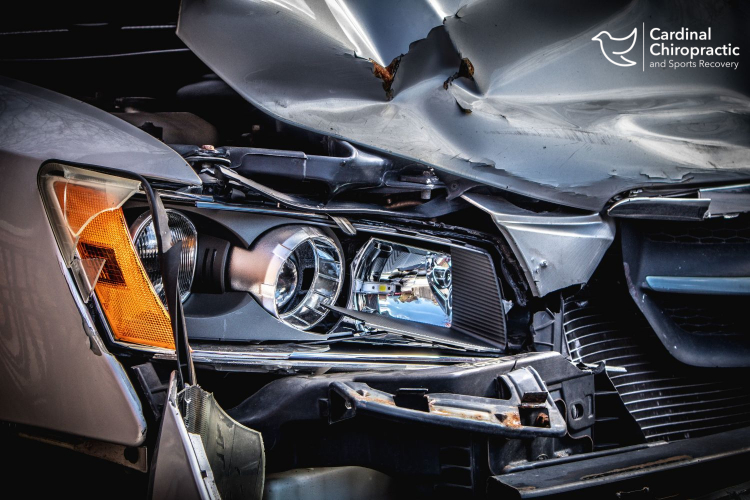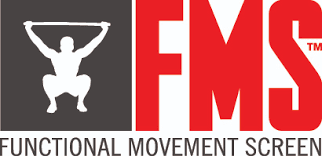Have you ever been in a car accident? Maybe it was a smaller vehicle collision, like a fender bender or a bad turn in the road, or something larger like a speeding accident that totaled your car. Most car accidents come into your life in an instant and result in frustration, loss of time, changed schedules, increased stress, and unexpected bills!
Sometimes car accidents can be avoided, like a bad pothole in the road. Some are due to circumstances completely out of our control, like bad weather or poor traffic. Some may say, “I was just unlucky.” There are many reasons why a motor vehicle accident can occur, but here are the top 8 causes for car collisions:
- Distracted driving
- Speeding
- Reckless driving
- Drunk driving
- Running red lights
- Running stop signs
- Teenage or inexperienced drivers
- Rain and poor weather conditions
Anyone experienced with one or more motor vehicle collisions knows damage to the vehicle may not be the only headache of the day. If you search the internet for motor vehicle accidents, you may find blogs about car repairs, paint jobs, collision insurance, even attorneys that specialize in motor vehicle accidents and wrongdoing.
But what if the car wasn’t the only thing that was damaged? What if someone was hurt, like you?

Injuries from a motor vehicle collision
Serious injuries can occur from vehicular collisions such as muscle strains, sprains, ligament tears, scrapes and cuts, broken ribs, bone fractures, concussions, emotional stress, and more. The most common injury from a car collision is whiplash-associated disorder, occurring in up to 83% of patients involved in a vehicle collision even at impact speeds as low as 8 mph – with little or no damage to the car!
Our bodies have many protective mechanisms to ensure our vital parts (think brain, bones, and organs) stay safe and intact. This is where our soft tissues work.
Soft tissues are designed to surround and protect the bones of our body. Because of this, they are often first injured from accidents.
What are soft tissues? Great question! Soft tissues are body structures that aren’t bones; think muscles, ligaments, joints, and even fat. These structures help the body move and perform our everyday activities like jump, bend over, pick up weights, exercise, and even sit while reading this blog! Most soft tissues can bend and stretch under tension, like a rubber band, without breaking. However, even the best soft tissues can still be injured while performing their job, which is to keep us safe.
Soft tissue injuries can occur over time, such as repetitive use injuries, or they can occur from sudden trauma like car collisions. Traumatic injuries often have pain, swelling, bruising, and loss of function, such as reduced or even loss of range of motion.
However, signs of injuries do not always occur right away. Sometimes, a person can be hurt and only have bruises, soreness, difficulty sleeping, or minor aches and pain. This leads to people delaying care and treatment they may need.
What signs do I look for after a car accident?
Patients who visit our Burlington office after being in a car collision usually complain of the following:
- Headaches
- Scrapes and burns from air bags
- Neck and back pain
- Lower back pain
- Rib pain
- Knee pain or shoulder pain
- Muscle stiffness or spasm
- Sprained ligaments
- Tingling/numbness in limbs
- Painful neck movements
- Tinnitus or ringing in the ears
- Dizziness
- Irritability or depression
- Painful joints
- Disc injuries
Who should I see after a car accident?
If you have one or more of these symptoms, you may want to visit your primary family doctor, chiropractor, or even the emergency room for a speedy examination to rule out major injuries. They may take imaging, such as an x-ray, to rule out dangerous conditions such as broken bones and fractures before discharging (releasing) someone. If needed, you may also be sent out for additional imaging, such as an MRI, to rule in or out more serious complications and injuries to deeper soft tissue structures. You could also be referred to another doctor for additional treatment or evaluation.
An evaluation is always important following an accident like a car collision. You may not experience signs and symptoms of injury right away, either. Our bodies go through a rush of endorphins following a car collision, like bungee jumping or going on a rollercoaster for fun, that decreases sensations of pain and discomfort. This survival mechanism allowed us to hunt food even with a blow or injury to our body, but we traded chasing wooly mammoths for our 21st century lifestyles. It is important to be observant of our bodies in the hours and days following a car collision for symptoms that may show up later.
You may have symptoms of pain and discomfort even after being released from the emergency room. Emergency care is important after a collision, but it is no place to receive longer-term help for issues and medical conditions that can happen from your accident. Remember, even the best emergency rooms are just for that – emergency care.
How are motor vehicle accident injuries treated?
It depends. The type or extent of injury is not always related to the circumstances around a car accident! Some people can walk away from a four-car pileup on the highway without a single injury, and others can endure painful whiplash and headaches for days from hitting the curb at a fast-food parking lot due to distracted driving. Because motor vehicle collisions have many variables, a thorough examination is imperative.
Management of soft tissue and other musculoskeletal injuries from a car collision depends on the type and severity of the injury. Your family doctor or chiropractor may examine areas of the body other than the one directly affected since multiple parts could be injured. A comprehensive exam identifies areas of injury, reduced or loss of functioning, loss of strength, and more. You may be referred out for x-rays or other imaging to evaluate the extent of your injuries.
Can chiropractic care help me?
Conservative chiropractic care should be your first line of treatment in helping your recovery and preventing further injury. No one deserves a one-size-fits-all approach and neither do you; approaches to treatment will depend on the severity, complexity, and duration (length of time) of your musculoskeletal complaint, as well as your overall health.
Chiropractors are musculoskeletal experts in providing safe, conservative care options such as exercise and rehabilitation, physical therapy, soft tissue treatment such as massage and myofascial release, spinal manipulative therapy, passive therapies and modalities, dry needling, and more. A chiropractor is well-positioned to assess the types of injuries that occur from car collisions. Your treatment plan will be unique to you!
With that said, some conditions can be painful or difficult to endure, even during the recovery process. Your chiropractor may choose to co-manage your care with another specialist depending on the type and extent of your injuries. Some examples include a neurologist for concussion, an orthopedist for injections or a surgical consult, or a pain doctor to oversee medication management. The goal is, always, to regain proper movement and functioning and help you return to living a normal lifestyle as much as possible.
Some patients simply don’t respond to treatment or may need stronger interventions than conservative care. If that is the case, you and the doctor will know after a few treatment sessions. Your treatment plan may change accordingly, or you may be referred out for other or additional treatment options.
When should I seek care?
Sometimes an injury may happen right away such as scrapes and bruises, or it may occur in a few hours or days after the initial vehicle collision. You may opt to seek an emergency room evaluation, family care appointment, or chiropractic appointment despite no obvious signs of injury, too. This proactive approach to care can be useful in determining if an injury has occurred without immediate signs or symptoms.
It is imperative to monitor your condition in the days and weeks after the initial accident. Sometimes injuries can be missed by a doctor in an emergency room or take several weeks to show. You are your best advocate for your care, and in the case of accident injuries, it is imperative that you seek help right away even if you think that your pain is minor.
If you are not sure if you’ve been injured, that’s okay, too. At our Burlington office, we can perform a thorough examination and follow-up will evaluate you for any potential damage from the car accident. Injuries from motor vehicle collisions are just one condition we successfully assess and treat.
If you’ve been in a car collision and need help or guidance, make an appointment today and discuss your situation with our chiropractor!


